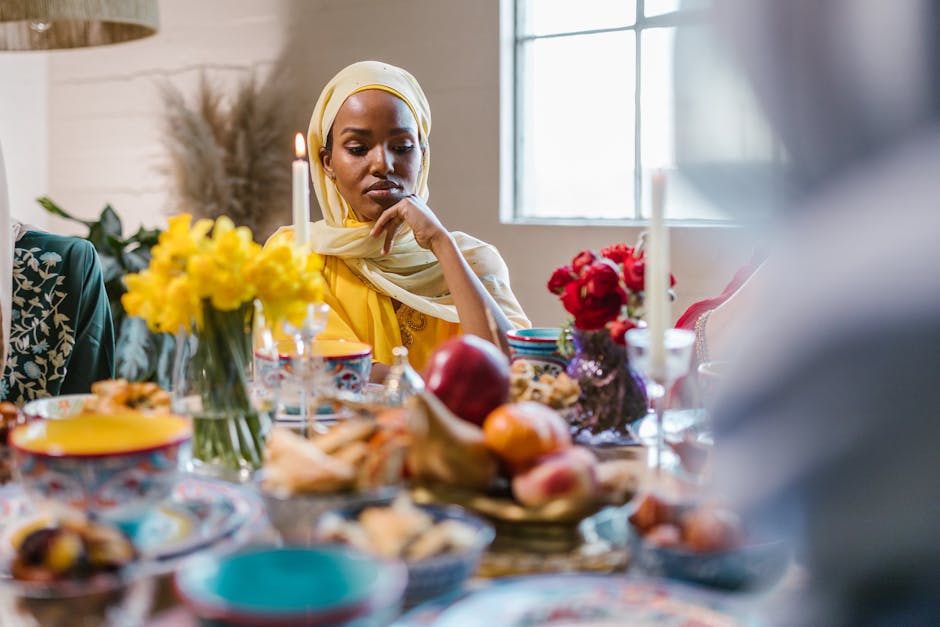Exploring the Cultural Significance of Tattoos

Tattoos have held cultural significance for centuries, serving as powerful symbols of identity, status, and personal narratives. From ancient Polynesian tribal designs to modern minimalist creations, the stories behind the ink reveal a tapestry of human history, spirituality, and self-expression.
The Historical Roots of Tattoos
The cultural significance of tattoos dates back thousands of years. Ancient civilizations used tattoos as rites of passage, markers of social rank, or even as spiritual protection.
In ancient Egypt, tattoos were often associated with fertility and divine worship, as seen in mummies adorned with sacred symbols.
Meanwhile, the Māori people of New Zealand practiced tā moko, a deeply spiritual tattooing tradition where facial markings conveyed ancestry and social status.
Modern Tattoos as Personal Narratives
Today, tattoos have evolved into a canvas for storytelling. People often choose designs that commemorate significant life events, honor loved ones, or symbolize personal beliefs.
Memorial tattoos featuring dates, portraits, or favorite quotes of someone lost are a common way to keep memories alive.
- Commemorative Tattoos: Many individuals get inked to mark milestones such as weddings, graduations, or the birth of a child.
- Symbolic Designs: Symbols like anchors, feathers, or infinity signs often carry deeply personal meanings for their wearers.
- Inspirational Messages: Words or phrases like “stay strong” or “carpe diem” serve as daily reminders of resilience and hope.
Cultural Significance Across the Globe
The cultural significance of tattoos varies widely around the world, often reflecting regional histories and traditions. Here are a few standout examples:
- Japan: Irezumi, the traditional Japanese tattoo style, often features koi fish, dragons, and cherry blossoms. Historically tied to the yakuza, it’s now celebrated as a respected art form.
- India: Henna tattoos, or mehndi, are temporary but hold deep cultural significance during weddings and festivals, symbolizing joy and prosperity.
- America: The rise of tattoo parlors in the 20th century popularized tattoos as a form of rebellion, later evolving into mainstream self-expression.
Tattoos as Acts of Resistance
Tattoos have often been used as acts of defiance against societal norms or oppression. In the 20th century, marginalized communities used tattoos to reclaim their identities.
The LGBTQ+ community often embraced tattoos to celebrate pride and individuality, even when acceptance was scarce. Similarly, during the 1980s, feminist tattoos became a statement of empowerment and body autonomy.
More recently, tattoos have become a platform for activism. Designs that symbolize social movements, like the Black Lives Matter fist or climate justice slogans, show how the stories behind the ink can amplify collective voices. It’s amazing how something so personal can also connect us to larger causes.
The Science and Art of Tattoos
Have you ever thought about how a tattoo lasts forever? It’s all about science. When the ink penetrates the dermis, your immune system tries to remove it, but some pigment remains trapped, creating that permanent design. It’s a fascinating process, blending biology with artistry.
Skilled tattoo artists are not just craftsmen, they’re storytellers. Artists like Dr. Woo in Los Angeles or Apo Whang-Od, a 106-year-old Kalinga tattooist from the Philippines, create pieces that merge technical precision with cultural depth.
The Emotional Connection Behind Tattoos
For many, tattoos are deeply emotional. Studies suggest that 29% of people with tattoos feel that their ink makes them feel more confident. Others find it therapeutic as way to reclaim control over their bodies or make peace with past traumas. It’s no wonder that tattoos often carry stories of healing and growth.


